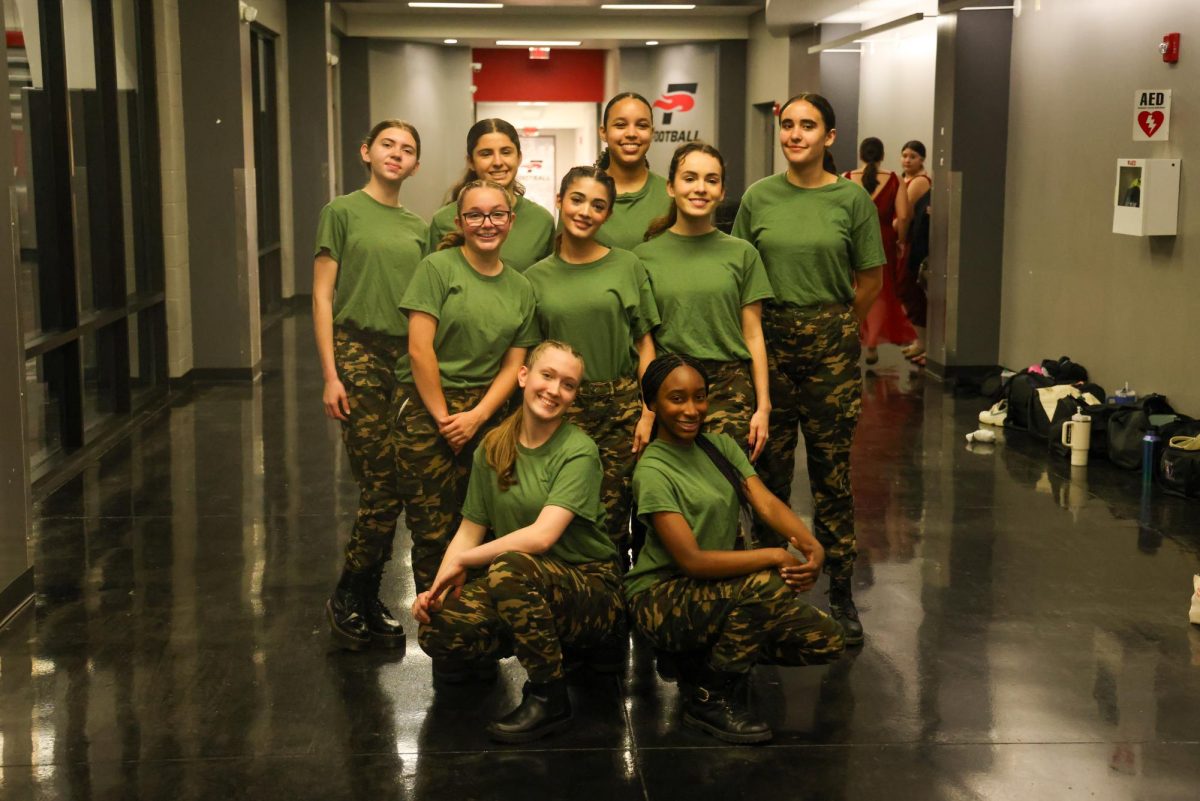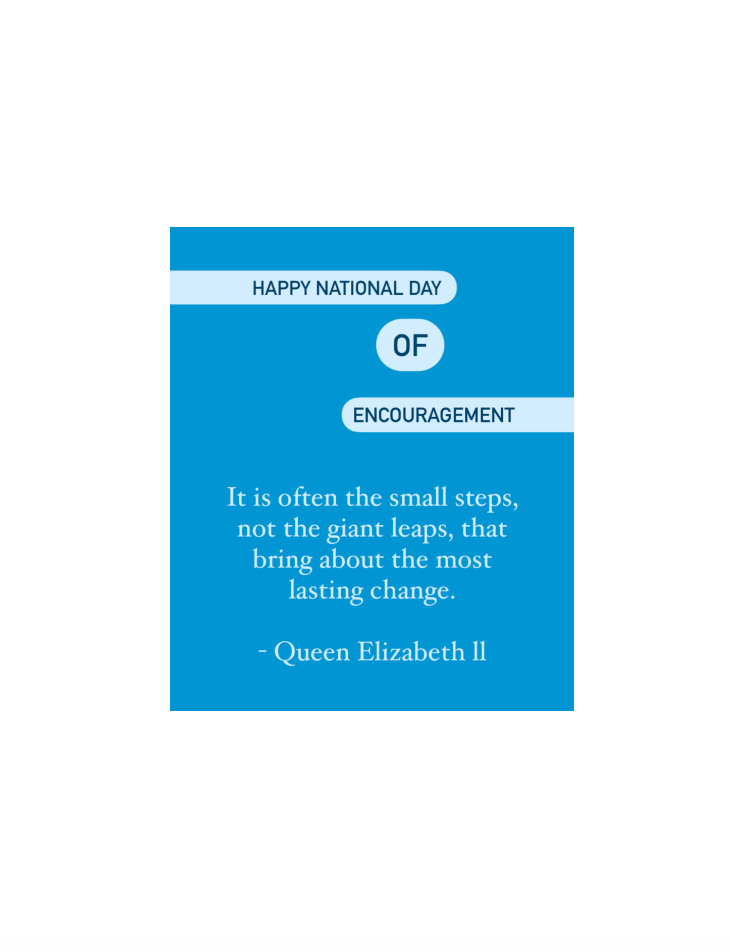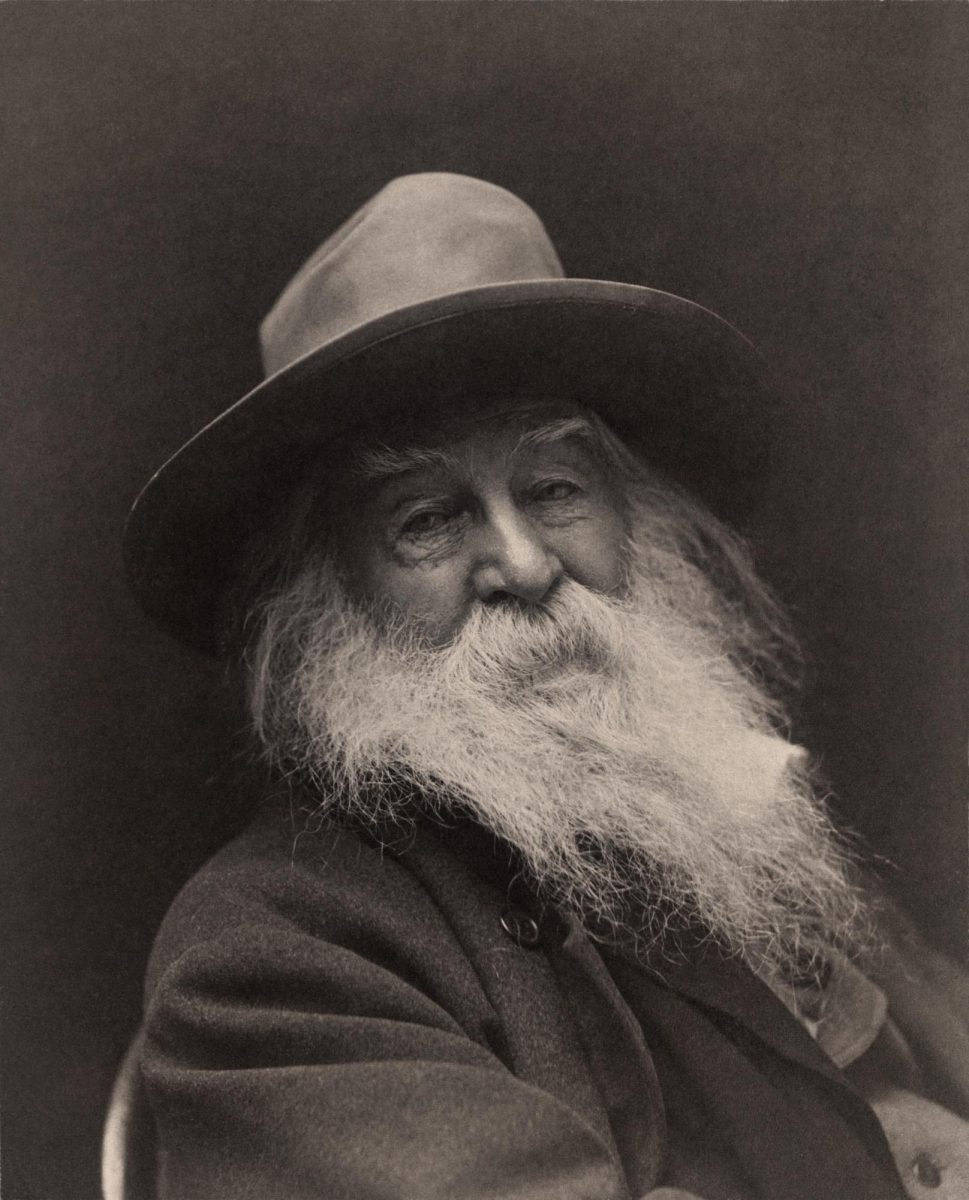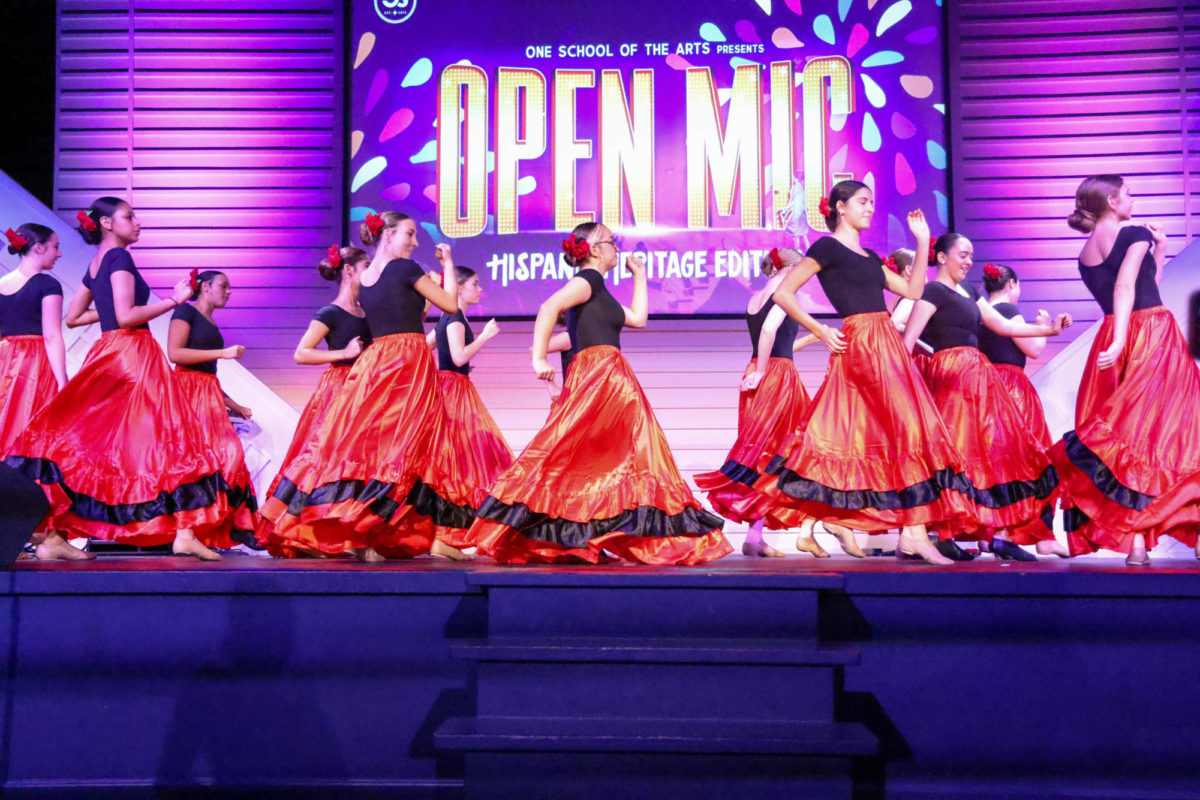As the month of February rolls around, many people often focus on holidays such as Valentine’s Day or President’s Day. But there is yet another commemoration to recognize this month. Black History Month is the annual observance of African-American history in both the United States and Canada. Even though the population of Black people is 14.4% in the United States and 4.3% in Canada, it is a time to honor the past victories and successes of Black people as we continue to fight for equality and civil rights. But this celebration didn’t spring up overnight.
The early version of this time of remembrance was created in 1926 by a historian named Carter G Woodson, and the Association for the Study of Negro Life and History (ASNLH) declared that the second week in February would be henceforth known as Negro History Week. The reason behind it was that the birthdays of Abraham Lincoln and Fredrick Douglas were during that week, the 12th and the 14th, respectively. These two prominent men in American history played key roles in the abolition of slavery and the Civil War.
Woodson was inspired by the Lincoln Jubilee that took place in 1915, which celebrated the 50th year since slavery was abolished. He soon founded ASNLH in the fall of that year. And when the first Negro History Week occurred, it received mixed responses. Still, it was supported by the Department of Education in North Carolina, Delaware, and West Virginia on top of the city school administrations of Baltimore, New York City, Philadelphia, and Washington, D.C. It was a step in the right direction.

Forty years after the first Negro History Week in 1969, Black students and staff at Kent State University suggested that it should be a month-long celebration. A year later, the first Black History Month was celebrated from January 2nd to February 28 of that year. But it wasn’t until 1976 that it was widely celebrated throughout the country during the United States’ bicentennial. President Gerald Ford encouraged citizens to “seize the opportunity to honor the too-often neglected accomplishments of Black Americans in every area of endeavor throughout our history.”
Since then, Black History Month has become a month of reflection and education about the contributions and struggles of Black people, both past and present. It is a time to acknowledge the ubiquitous and ongoing fight for justice and equality. So, as this month goes on, let’s celebrate the achievements of Black people and their impact on society.





















































